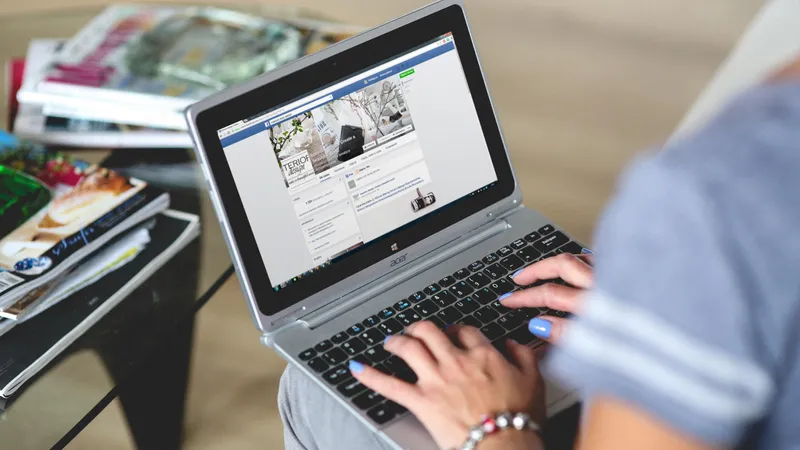Add, remove & assign phone numbers on demand
Manage, respond to, and share calls with your team
Send & receive any message you need to
Keep contact details in one place with a shared phonebook
For on-the-go teams to share messages, calls, and contacts
A full directory of all our included features

Everything you need to know about Facebook Pages for businesses

More than 2.5 billion people are on Facebook. We’re not saying you are likely to connect with all of them, but — theoretically — that’s more than two billion reasons for you to take the platform seriously.
To make it easier for you, here’s a comprehensive guide on Facebook Page for small businesses.
What is a Facebook Page?
A Facebook Page is a free digital storefront for your business on Facebook. It allows you to share content in the form of text, photos, or videos and engage with your audience. Through a Facebook Page, you can also partner with other brands to promote each other’s business.
Importantly, you don’t need any technical expertise to create and manage a Page. The Business Manager section, now Facebook Business Suite, is reasonably straightforward to use. Once you know the tricks, managing it will be second nature to you.
If you have a Google My Business profile, you might wonder whether there’s any need to have a Facebook Page. You should know that the two platforms serve different purposes. It’s not a question of Google versus Facebook but the combined power of both.
How is it different from an ordinary Facebook profile?
If you’re an independent professional, such as a hairdresser or an arborist, you might be wondering why you need to have a Page when you already have your individual profile. After all, your customers can find you on Facebook and you can share photos and videos with them.
The biggest reason to have a Facebook Page is the analytics the platform gives you. With a Page, you’ll have access to tools that ordinary profiles don’t get. The most important among them is the analytics it gives you, such as information about your followers and the reach of your Facebook ad campaigns.
The second reason is that it helps build a brand. Also, remember, that with just a profile, people will have to send you a friend request to communicate with you.
So, if you have a profile, convert it into a Facebook Page by clicking here. Once you migrate, you’ll have both your profile and your Page.
How to set up a Facebook Page
- Click here to start the process.
- On the “Create a Page,” choose “Business or Brand.”
- Then you can give a name to your page.
- Select a category for your business and give the address details.
- On the next page, add a profile picture. You should ideally upload your logo here.
If you don’t have anything you can use, Canva is a useful tool for creating visuals, graphics or logos and a basic account is free.
- Now it’s time to add your cover photo. Consider this the digital signage for your Facebook Page. This is the first thing users will notice. It should either show your products, your facility, or your team at work.
- You can also upload a video. For this, you’ll have to finish creating your Page and then go to “Add a cover” and choose “Upload photo/video.” Remember that the duration of the video should be between 20 and 90 seconds. Since they’ll be in autoplay mode, choose an engaging video without too many graphics.
Best practices for managing a Facebook Page
Your Facebook Page for business is ready. While there are several ways to better manage your Page, here are some key best practices that help independent businesses.
Spend time on the “About” section
This is your introduction to your existing and future customers. Make sure that the name of your business, location, working hours, website URL, and all other details are accurate. The more information you add, the more credible your business will appear.
Post content that adds value
You should post about your products and services with engaging photos and videos. But the focus should be to make it interesting and valuable to your audience. If you’re a salon, you can post about your services and discounts. But it’ll help others if you also post hair care tips.
Be consistent
Also, post regularly. On social media, consistency beats intensity. If you’re too busy to manage your Page, you can always add a new Facebook Page manager.
In short
Billion-dollar brands and freelancers are expanding their business through Facebook Pages. So, for independent businesses, it’s not a question of whether you should have a Facebook Page but how well you use it. Facebook Pages can help build awareness, increase reach, and create distinct and compelling equity for your small business. Importantly, the more you use it - and learn from its analytics - the more productive your efforts will be.

Continue reading
Here's how to use review responses to show the world how friendly, responsive, and helpful your small business is.
This article takes a closer look at Google and Facebook's business management tools — the pros, cons, and everything in between.




